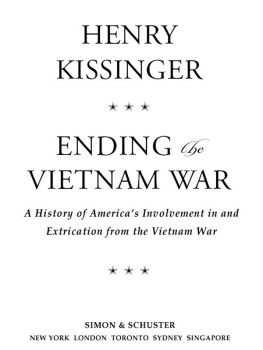Fire and Rain

Oxford University Press is a department of the University of Oxford. It furthers the Universitys objective of excellence in research, scholarship, and education by publishing worldwide. Oxford is a registered trade mark of Oxford University Press in the UK and certain other countries.
Published in the United States of America by Oxford University Press
198 Madison Avenue, New York, NY 10016, United States of America.
Carolyn Woods Eisenberg 2023
All rights reserved. No part of this publication may be reproduced, stored in a retrieval system, or transmitted, in any form or by any means, without the prior permission in writing of Oxford University Press, or as expressly permitted by law, by license, or under terms agreed with the appropriate reproduction rights organization. Inquiries concerning reproduction outside the scope of the above should be sent to the Rights Department, Oxford University Press, at the address above.
You must not circulate this work in any other form and you must impose this same condition on any acquirer.
CIP data is on file at the Library of Congress
ISBN 9780197639061
eISBN 9780197639085
DOI: 10.1093/oso/9780197639061.001.0001
Dedicated to my grandchildren:
Mia, Lucia, Sam, Cecilia Jane, Nina, and Eli
With love and hope
Contents
When I began this project I imagined a narrow, relatively brief study of Vietnam policy during the Nixon years. While there was considerable declassified material available at the time, I was unprepared for the avalanche of material about this presidency that has appeared over the previous fifteen years. The richness of these sources enables more insight into the foreign policy operations of an administration than we are likely to see again. In response, my conception of the topic widened considerably and has taken much longer and required more help from fellow historians, friends, and family than I ever anticipated.
Above all, this book reflects conversations with students. During decades of teaching, I realized the importance of integrating the study of high-level policy with an examination of its impact on peoples lives. Absent that connection, then either subject loses its significance. Additionally, students impatience with an exclusive focus on two or three men at the pinnacle of power (in this instance Richard Nixon and Henry Kissinger) compelled a wider inquiry: what were the societal and institutional forces that shaped their decision-making? And finally, how did the war in Vietnam, Cambodia, and Laos fit with broader trends in US foreign policy? Or more precisely, how to explain the paradox of an administration avidly seeking improved relations with Moscow and Beijing, while raining destruction on these smaller nations?
I hope this book will provide some answers to these questions. Without students voices in my head, this work would not have been possible.
Among historians in related fields, I have received assistance of various kindsfrom shared documents, insightful conversations, and close reading of individual chapters. I am especially grateful to: Chris Appy, Andrew Bacevich, Kai Bird, Bob Brigham, Gregory Daddis, the late Todd Gitlin, Jeffrey Kimball, Lien-Hang Nguyen, Arnold Offner, John Prados, David Schmitz, and the late Martin Sherwin. I am especially indebted to Elsa Dixler, an historian, friend and editor, who supported this work from beginning to end, bringing clarity out of fog.
I have been fortunate to have thoughtful, generous friends who were willing to read portions of the manuscript, offer pertinent advice, and reassure me that the content was truly significant. Among them were Fran Dreier, Barbara Epstein, Bill and Marlene Fried, Steve Leberstein, Judith Liben, Daniel and Barbara Pope, Margaret Power, Rosalind Pollak, Martha Saxton and Susan Yohn To concentrate on writing, I spent several summers in Amherst, where I received valuable advice from college friend Randy Ross, who had gone to Vietnam during the war and who was editing an English translation of Madame Binhs memoirs. Through Randy I was fortunate to meet with Lady Borton, who has lived in Vietnam for years and is a fountain of information and fresh insights.
Sadly, three people who played a vital role in this project are now deceased. Stanley Kutler believed in this work from the beginning, continually reminded me of its importance, readily shared his encyclopedic Nixon knowledge, and assisted me with archival access. A mellow Tom Hayden gave useful advice for my Vietnam trip, shared his insights about Congressional work past and present, and left ringing in my ears his admonition, Hurry up! And finally, Marilyn Young, who encouraged this book early on and for the last eighteen months of her life suggested, quipped, nagged, and argued with menever losing her outrage at the destruction and suffering caused by the Vietnam War.
This book would not have seen the light of day without the support of two superb agents: Steve Wasserman, who helped me craft a proposal and to think carefully about the arc of the story, and Katherine Flynn, who advised me through the vicissitudes of publication and whose confidence in this manuscript never wavered.
I remain especially indebted to freelance editor Beth Rashbaum, who entered this project at a critical time. Over an extended period, she helped me pare down a too cumbersome, detailed manuscript, while skillfully retaining the intertwined threads that kept this a coherent narrative. Beths professionalism in the art of writing is matched by her profound attention to content. She was constantly alert to factual mistakes and did not hesitate to verify claims when they seemed unsupported or contradictory.
Historians rely on their archivists, and I was especially fortunate in having the assistance of John Powers at the Nixon Project in the National Archives, Donald Davis at the American Friends Service Committee Library, and Steve Maxner at the Texas Tech Vietnam Center and Sam Johnson Archive.
In Vietnam, the staff at the Vietnam-USA Friendship Society, headed by Bui Van Nghi, were efficient and gracious, facilitating travel for my husband and me, arranging for translators, meetings, and interviews with former officials, veterans, and other participants in the war. Especially helpful was To Ngoc Linh, who served as a guide and translatorand in his thoughtful way made the experience more meaningful.
Early in the trip, former Vice President Nguyen Thi Binh (Madame Binh) predicted that I would encounter a welcoming attitude by most Vietnamese. During the war, Ho Chi Minh had emphasized that the American people were not the enemy, only its government. In the postwar period, this perspective was reinforced by the numerous US veterans who had come back to Vietnam to work on humanitarian projects. Throughout our travels we were touched by the friendly response of young people, as well as the eagerness of those from the older generation to tell their stories.
Two Hofstra undergraduates, Ariel Flajnik and Carlos Gonzalez, did valuable research for this book. I am also indebted to Hofstra University for three Special Leaves and several Faculty Research Grants in support of this work. I benefitted as well from a Fellowship at the Cold War History Project, Tamiment Library, New York University, and a National Endowment for the Humanities (NEH) Summer Seminar Directorship. For the latter, an amazing gathering of high school teachers added depth to my inquiries.

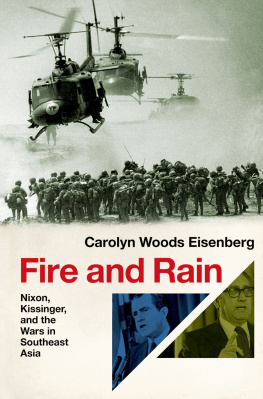
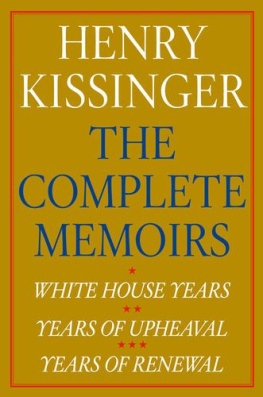

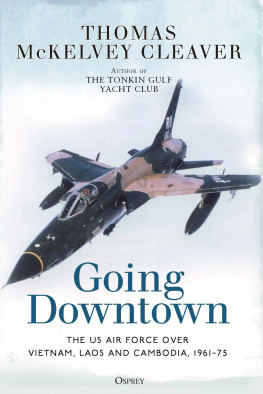
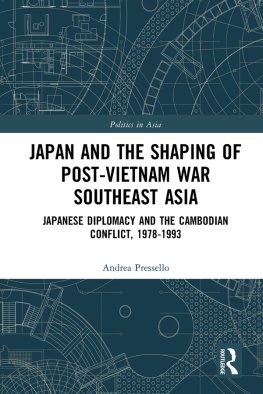
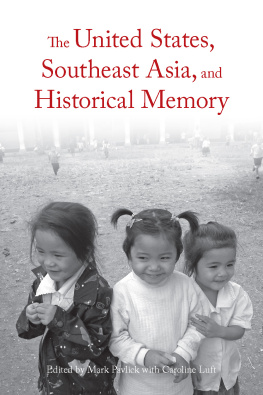
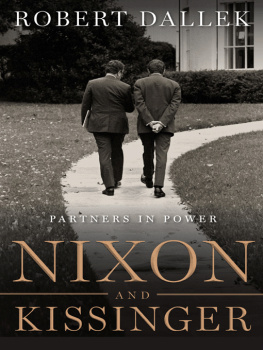
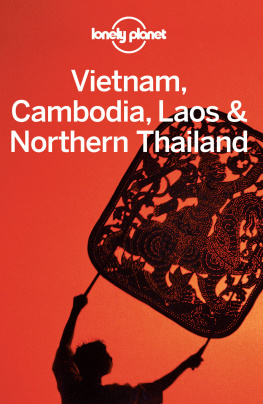
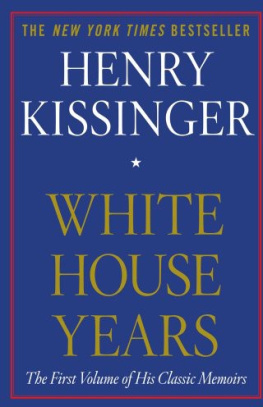
![Kissinger - Years of Upheaval: [VOL2 Classic Memoirs]](/uploads/posts/book/181244/thumbs/kissinger-years-of-upheaval-vol2-classic.jpg)
